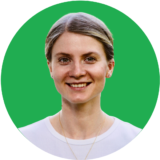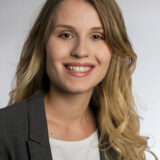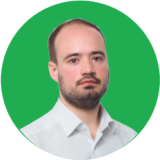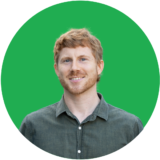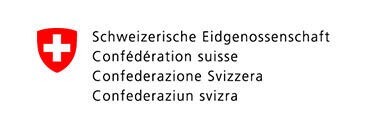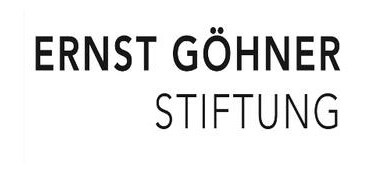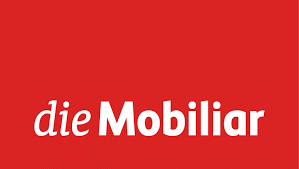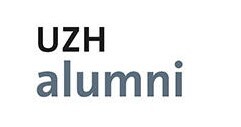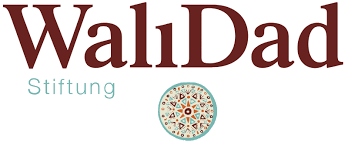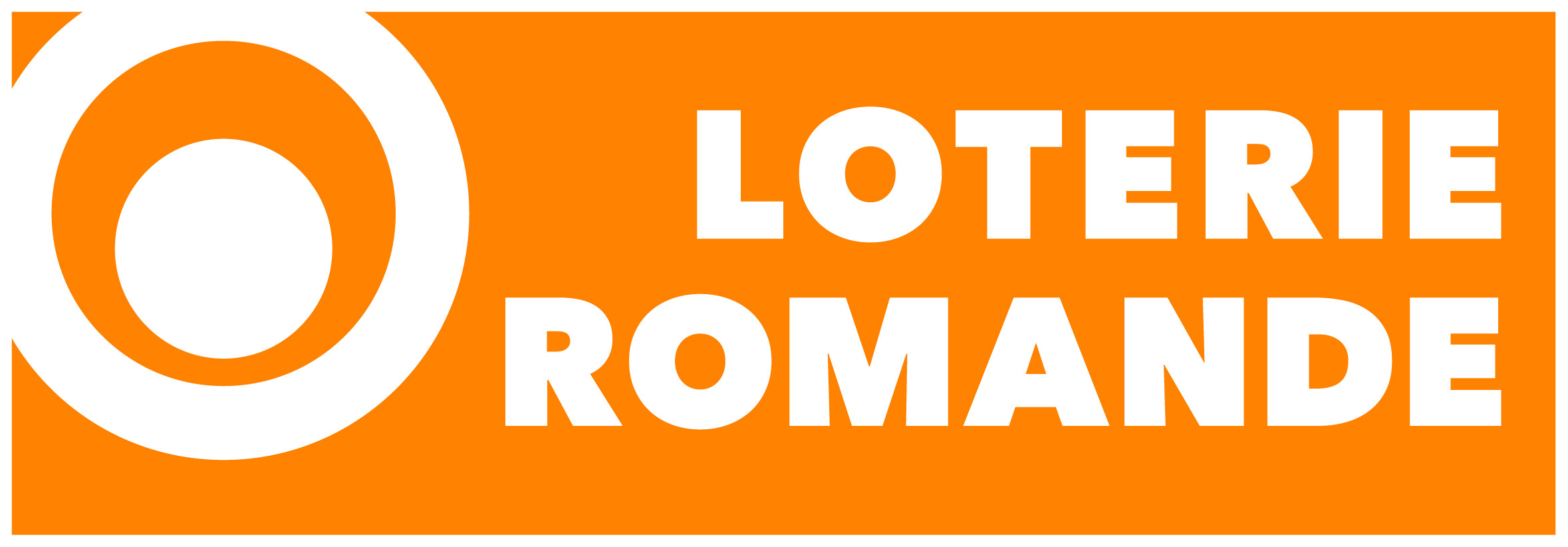How is the program structured?
The Scimpact program is based on three central pillars: workshops, individual coaching, and the practical implementation of your own project. It is divided into two phases, each lasting six months.*
In each phase, you will carry out a project: either you organize (alone or in pairs) an event, write a blog post, or record a podcast episode. You will be accompanied by experienced coaches.
Examples of Scimpact projects can be found here:
- Cognitive Learning in Humans and Machines: Insights from Psychology and AI – event by Maria Ioanna Magkouta and Sandro Maio
- What’s the Point of Biodiversity? – blog post by Henry Broadbent
- Predictive Coding in Music – podcast by Anton Schreiber
New this year: In cooperation with the Wegweiser Foundation, we are awarding the Ethics Award for the first time.

What will I learn at Scimpact?
At Scimpact, you will develop key skills for effective science communication:
- You will learn how to tailor content to specific target groups, give compelling presentations, and develop your own communication formats to raise awareness of your topic beyond the scientific community.
- The program strengthens your methodological skills and gives you the tools you need to implement projects effectively.
- You will expand your network and meet committed people from different scientific fields and universities throughout Switzerland.
Which events and workshops are available?
-
Kickoff Event, Zürich
18.10.2025, 10.00 - 15.30
-
Blog Workshop I, online
04.11.2025, 18:30 - 20:30
-
Storytelling Workshop I, Zurich
27.11.2025, 18:30 - 20:30
-
Storytelling Workshop II, Zürich
11.12.2025, 18:30 - 20:30
-
Moderations Workshop
14.01.2026, 18:30 - 20:30
-
SciComm Schweiz, Zürich
25.02.2026, 18:30 - 20:30
-
Midpoint Event, Bern
28.03.2026
-
Blogworkshop II, online
15.04.2026
-
Ethik-Workshop
21.04.2026
-
Workshop Swiss Political System
30.04.2026
-
Video-Workshop I, Zürich
07.05.2026, 18:30 - 20:30
-
Video-Workshop II, Zürich
20.05.2026, 18:30 - 20:30
-
Final Celebration, Bern
September 2026
How much does Scimpact cost?
Participation costs a one-time fee of CHF 80 for the entire duration of the program and includes the Reatch membership fee for two years. In addition, some train travel may be required as part of the program.
It is important to us that money is not a barrier to your participation. If you need financial support, please contact us—we will work together to find a solution.
How much effort does Scimpact require?
The time commitment for the Scimpact program depends on your chosen format and the respective phase. Basically, you can decide for yourself how much time you want to devote to the program and organize your time flexibly.
For workshops and exchange meetings, you should plan on about 2 hours of preparation per week on average. If you are organizing an event, the time commitment increases to about 4 hours per week. These figures are intended as guidelines.
Who can apply?
Whether you are studying, working, doing an apprenticeship, going to school, or otherwise engaged in other activities, Scimpact is open to anyone in Switzerland between the ages of 18 and 30 who wants to bring scientific perspectives to social discussions.
The application is closed! Subscribe to the Reatch newsletter (in German) to not miss the next application deadline.
Do you have any questions? Write us!
If you have any questions about the application, the content, or Scimpact in general, please feel free to contact Iris at any time. We look forward to hearing from you!
Scimpact in numbers
Over 120 fellows from more than 15 educational institutions have participated in Scimpact in six rounds. Since its launch in 2019, Scimpact has developed into an established support program that inspires young people to engage with the intersection of science and society.
The successes of our fellows speak for themselves:
- Over 65 inspiring events on current topics were organized—from discussion panels to lectures.
- In more than 36 workshops, skills in communication, moderation, and project management were expanded.
- 30 blog articles and podcast episodes were published to share ideas and research findings with the public.
The Scimpact Fellows were supported by over 30 experienced coaches who provided advice and assistance.
Support
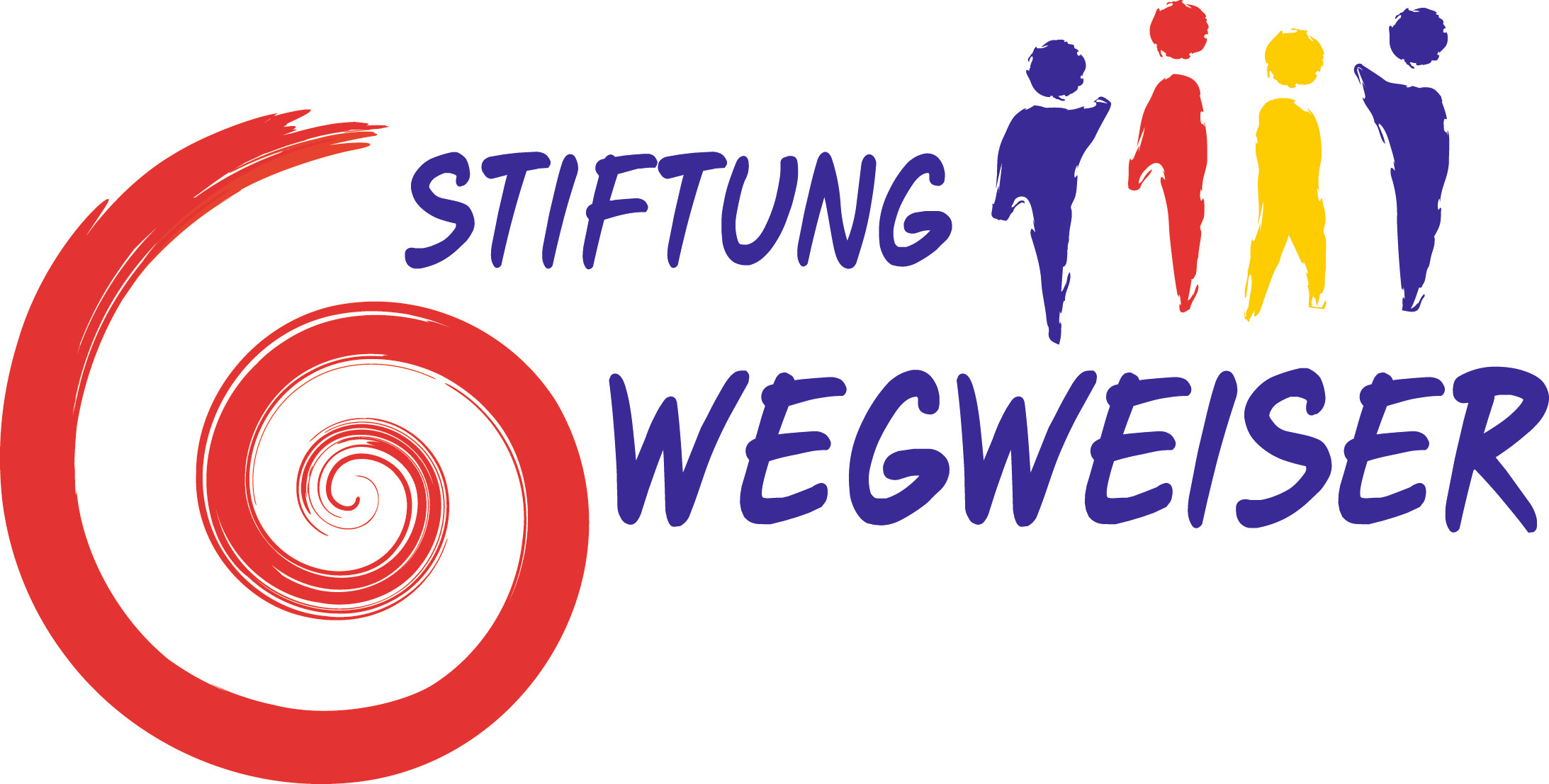
The project was made possible thanks to the support of the Wegweiser Stiftung.

